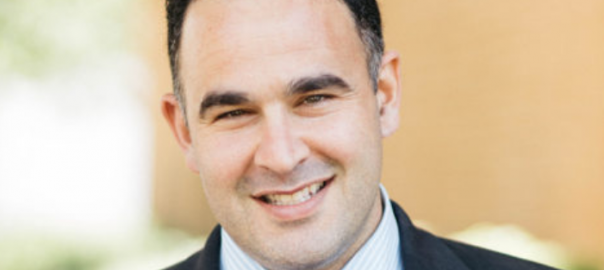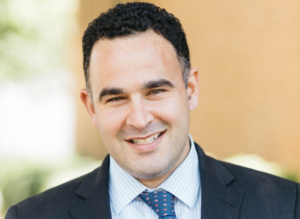
LEGAL MARIJUANA’S PROMISES OF SOCIAL EQUITY AND JUSTICE RING HOLLOW

In May of 2019, following the passage of their bill to legalize marijuana, lawmakers from Illinois swiftly flew to Albany to attempt to tip the debate over commercialization here in New York State. It has now been a year since legal sales have been implemented in Illinois, and Governor Andrew Cuomo has renewed his call to legalize.
Given how things have gone since then, let’s just say it’s unlikely that we will see lawmakers from Illinois in Albany touting their example.
From the beginning of Illinois’ experiment with legalization, social justice was an afterthought. To get legal sales up and running as fast as possible, existing medical marijuana license holders were allowed to begin selling recreational, which meant there would not be a single person of color holding a recreational license on day one and completely failed the promise that legalization would benefit those communities who have felt the brunt of the “War on Drugs.”
The licensing process that was supposed to set up social equity applicants with premium licenses instead benefited wealthy industry types and political insiders. When the finalists for social equity licenses were announced, State Representative La Shawn Ford of Chicago lamented: “Anybody that thought that they had a chance to get into cannabis with a fair shot, it seems as though they were wrong.”
To this day, due to a complete failure of the rollout of social equity licenses, there is still not a single person of color in the state to hold a recreational license.
While these social equity applicants are forced to wait on the sidelines until the licensing system is fixed, white-owned, multi-billion-dollar multi-state and multi-national marijuana companies are increasing their market share and continue to reap the profits of a year of explosive growth. In the first year of legalization, Illinois’ pot industry brought in $1 billion in sales, but not a penny of it went to those who lawmakers and industry spokespeople said it would.
The many promises of social equity and justice have been shown to ring hollow, just as they will in New York. And that is not the only grand promise that will be shown to be empty, either.
It’s no surprise that, as a result of COVID-19, our state is broke. Governor Cuomo and other leaders in Albany are scrambling to find ways to shore up our massive deficit, but we must not fall for the line that commercializing marijuana will be the silver bullet fix.
Governor Cuomo and others who are pushing for commercialization have shouted from the rooftops that legalizing marijuana would bring in $350 million a year in revenue. The quiet part you’re not hearing is that this money wouldn’t materialize for about four years. Ironically, both the main sponsor of the marijuana legalization bill in the Senate, Senator Liz Krueger, and NYS Budget Director Robert Mujica have been expressing caution about relying on marijuana revenue.
As it stands, even if the marijuana revenue appeared overnight, $350 million isn’t even a drop in the $15 billion bucket when it comes to our financial issues. It’s not even much compared to our standard budget; just 0.2% of the $170 billion budget.
And we haven’t even begun to discuss the costs associated with legalization: more impaired driving, increased substance abuse and mental health issues, skyrocketing emergency room visits and rising Medicaid claims to name a few.
At this time, marijuana should be the furthest thing from anyone’s mind in Albany. We can’t afford to be looking to empty promises and false narratives to drive policy at this time. We need to be solely focused on real solutions that will benefit New Yorkers, not ones that will only lead to more harms while enriching the investors of Big Pot.
Dr. Kevin Sabet is a former senior drug policy advisor to the Obama Administration and currently serves as president of Smart Approaches to Marijuana and its New York affiliate: SAM New York. His new book, “Smokescreen: What the Marijuana Industry Doesn’t Want You to Know,” will be released April 20th.
